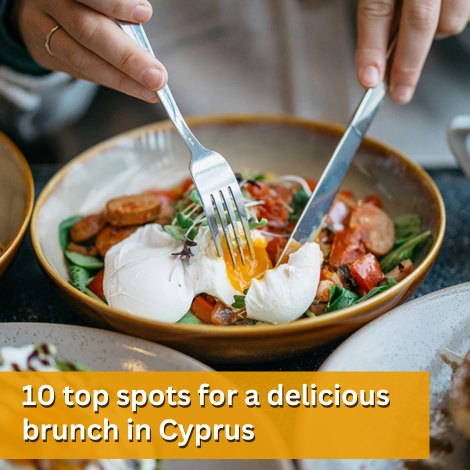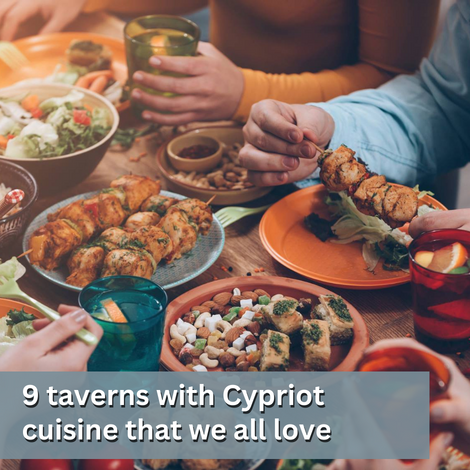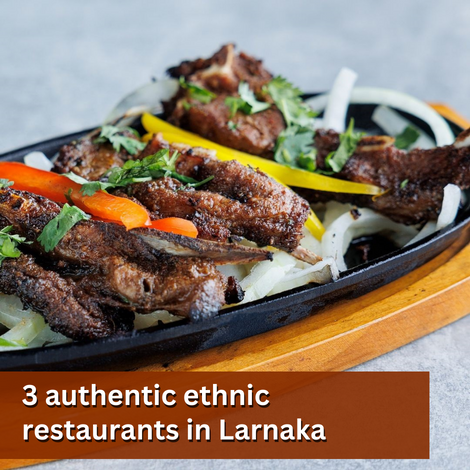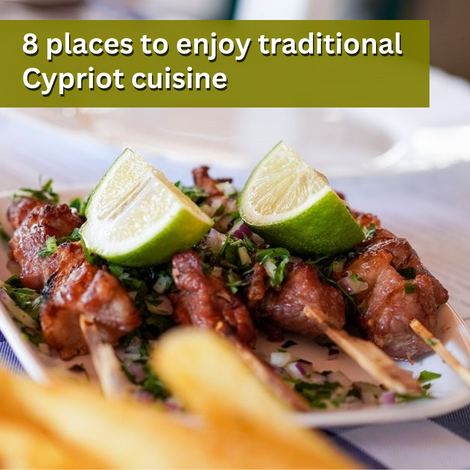Diet and Pregnancy
What a pregnant woman should eat
Diet and Pregnancy
What a pregnant woman should eat
You are what you eat, so when a woman is pregnant, she has more than one reasons to take precautions with food.
Αnything she eats will have a direct effect to the embrio that grows inside her. A well-balanced diet contributes to the development of the fetus, helps to have a healthy pregnancy and to maintain a healthy body weight. Research has proven that a healthy diet during pregnancy reduce rates of incidents of postnatal depression.
The expectant mother should say "no thanks" to risky foods that could expose her baby to bacteria and toxins. Here’s the latest expert advice about foods to avoid and foods to eat during your pregnancy.
What not to eat:
High-mercury fish. Like tuna, swordfish, mackerel, cod and fish from lakes and rivers may contain toxins called polychlorinated biphenyls.
Raw meat. Uncooked seafood and rare or undercooked beef or poultry may contain coliform bacteria, toxoplasmosis and salmonella.
Deli meats, pates and store-made meat salads (like chicken or ham salad). All could contain listeria. This bacterium can cause a miscarriage. It also can cross the placenta and infect a fetus or cause life-threatening food poisoning.
Smoked fish
Raw cookie dough or cake batter and raw and undercooked eggs. Salads that contain raw eggs like Caesar dressings, mayonnaise, ice cream or custards, eggnog and Hollandaise sauces. Raw eggs may contain salmonella, which causes food poisoning. Use pasteurized egg products for these. Cook well th egg dishes until the yolks are hard-boileds.
Soft cheeses. Imported soft cheeses may contain listeria. Skip brie, camembert, Roquefort, feta, gorgonzola and Mexican-style cheeses.
Unpasteurized milk. Raw or unpasteurized milk may also contain listeria. Stick with pasteurized milk and dairy products.
Raw sprouts, unwashed produce and unpasteurized juice. Wash and dry fruits and vegetables before eating or cooking to avoid exposure to toxoplasmosis, a bacterium that may have contaminated the ground where the produce was grown. Skip unpasteurized or "fresh-squeezed" juice and cider, as these may contain the bacteria E. coli. Stick with pasteurized juices, could contain E. coli or salmonella.
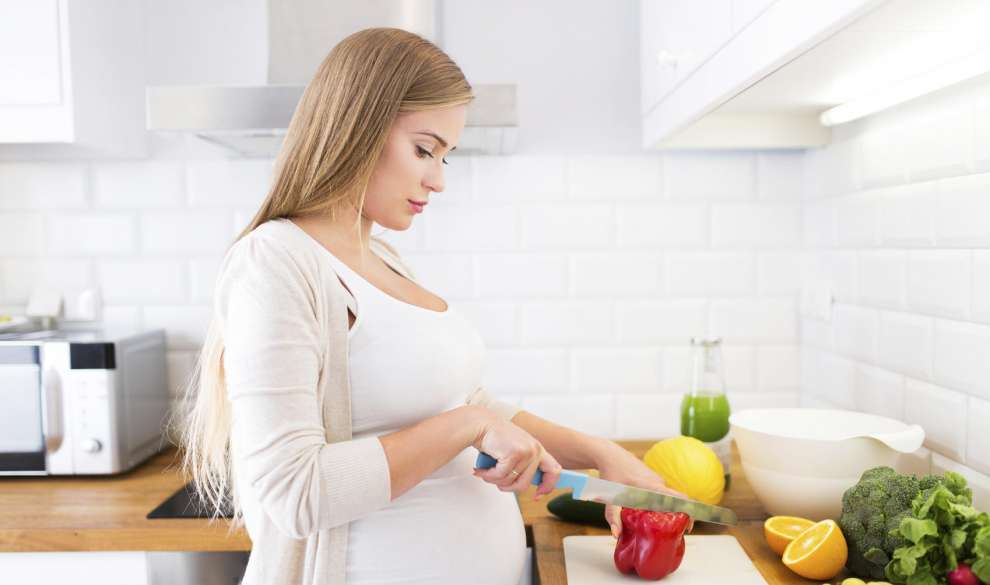
What you should eat
Safe seafood low in mercury, such as salmon, shrimp, pollock and catfish. Seafood delivers protein as well as beneficial omega-3 fatty acids that fuel the development of your baby’s brain and eyes. Getting plenty of omega-3s during pregnancy may also lower your risk for depression during pregnancy, say Columbia University maternal and fetal medicine experts. Many women skip or skimp on fish during pregnancy due to fears about mercury.
The American Pregnancy Association suggests two to four servings of fruit and four or more vegetable servings daily.
Among the important nutrients your baby will need:
Vitamin A for eyes and bones (found in carrots, sweet potatoes and greens)
Vitamin C for bones, teeth and iron absorption (found in citrus, strawberries, broccoli, tomatoes, Brussels sprouts)
Folate for protection against neural tube defects (found in dark leafy greens and beans such as black beans and lima beans)
Dairy products or other calcium-rich foods. At least 1,000 milligrams of calcium per day from milk, yogurt, cheese, canned sardines, canned salmon with the bones or plenty of leafy greens like spinach and kale. Calcium builds strong bones and is important for the healthy functioning of nerves and muscles. Fortified dairy products also deliver vitamin D, which helps with calcium absorption and bone-building.
Whole grains. Whole-grain bread, oatmeal, brown rice and barley will provide iron, B vitamins for the formation of red blood cells, fiber so you feel full, carbohydrates for energy and even a smidge of protein.
Protein. Three servings of meat, poultry, fish, eggs and/or beans a day. Babies need protein for growth, especially in the second and third trimesters. The iron found in many protein sources helps, too, by transporting energizing oxygen in your bloodstream to your baby.
Good fats. Fat helps your baby store energy. Good fats, found in olive and canola oil, nuts, avocado and recommended fish types, help your heart stay healthy.
A pregnant woman with patient history there is danger not to cope with the needs of pregnancy, and puts in risk her health and the health of her baby. Fetuses that are growing under insufficient conditions, there is danger to be born with very low body weight, to have mental retardation and be under-developed.
Diet before and after the pregnancy and during breastfeeding, plays decisive role in the long term for the mother's and baby's health.
Mothers with good health give birth to healthier babies. Therefore, mothers should have a healthy body weight before pregnancy. The odds for over-weight pregnants to show signs of hypertension, premature childbirth, and other problems, are high. Balanced diet is always preferable, and for the mother, but much more for the child that she will bring in the world.

 English
English
 Ελληνικά
Ελληνικά Русский
Русский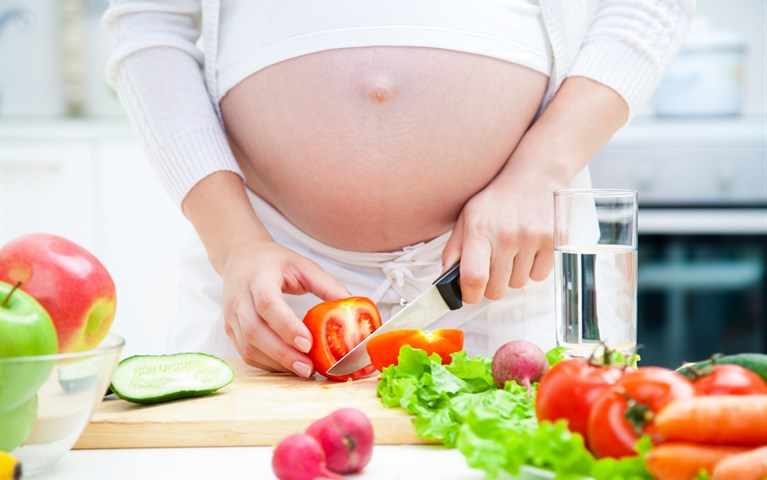
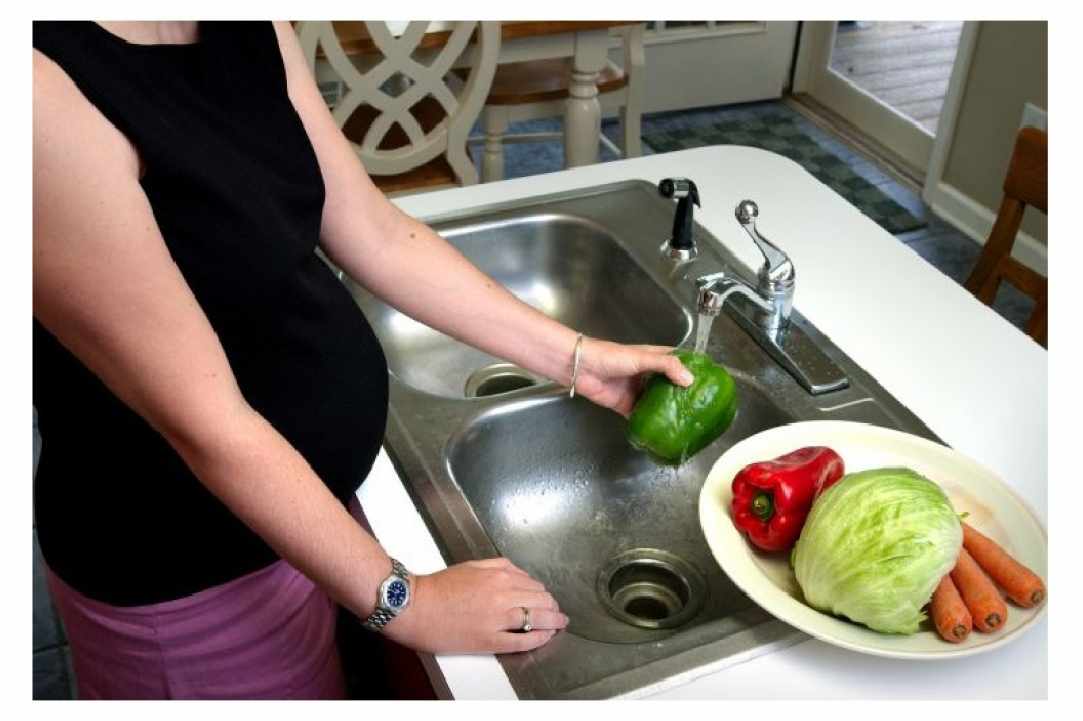
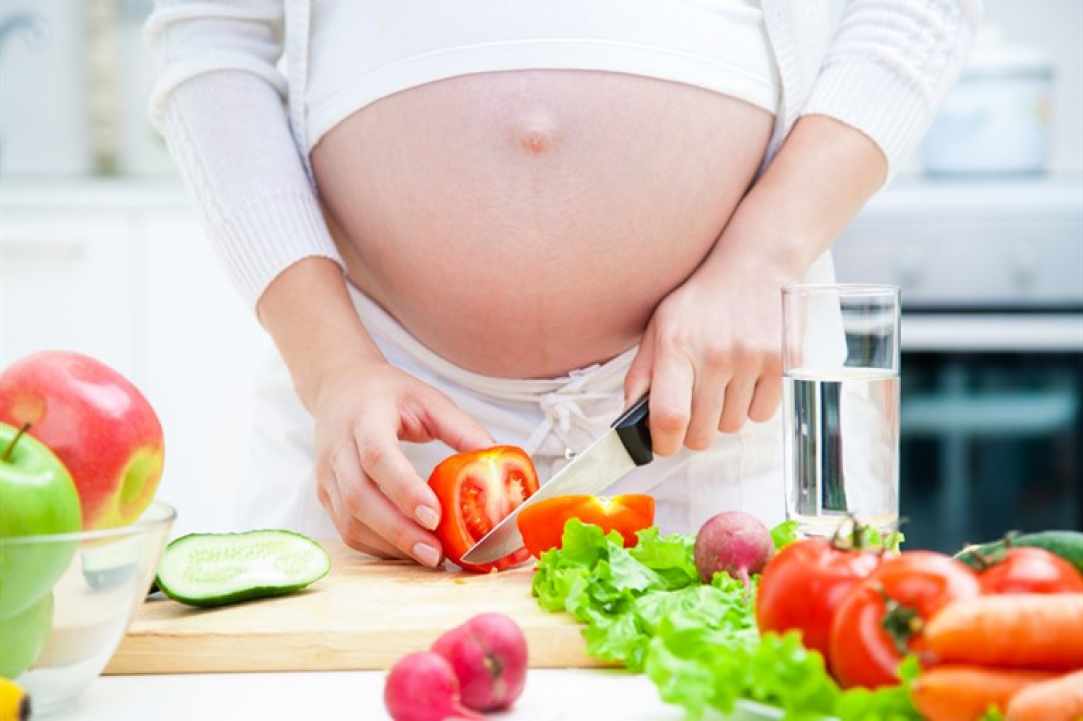
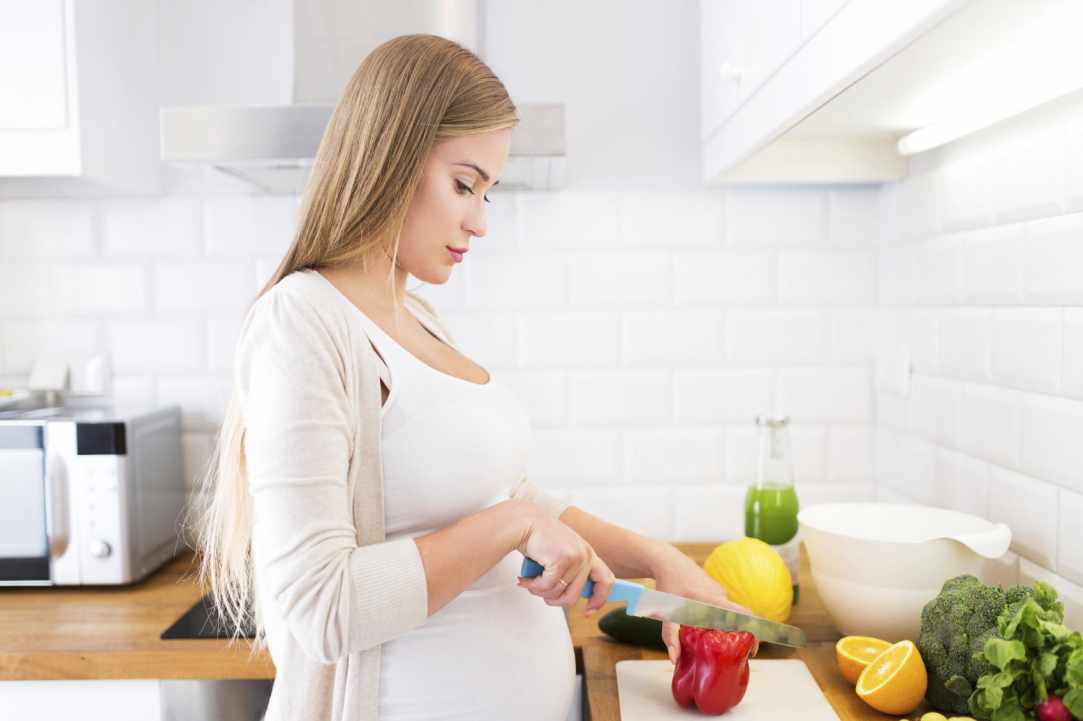
 Posted by
Irene Polia
Posted by
Irene Polia
